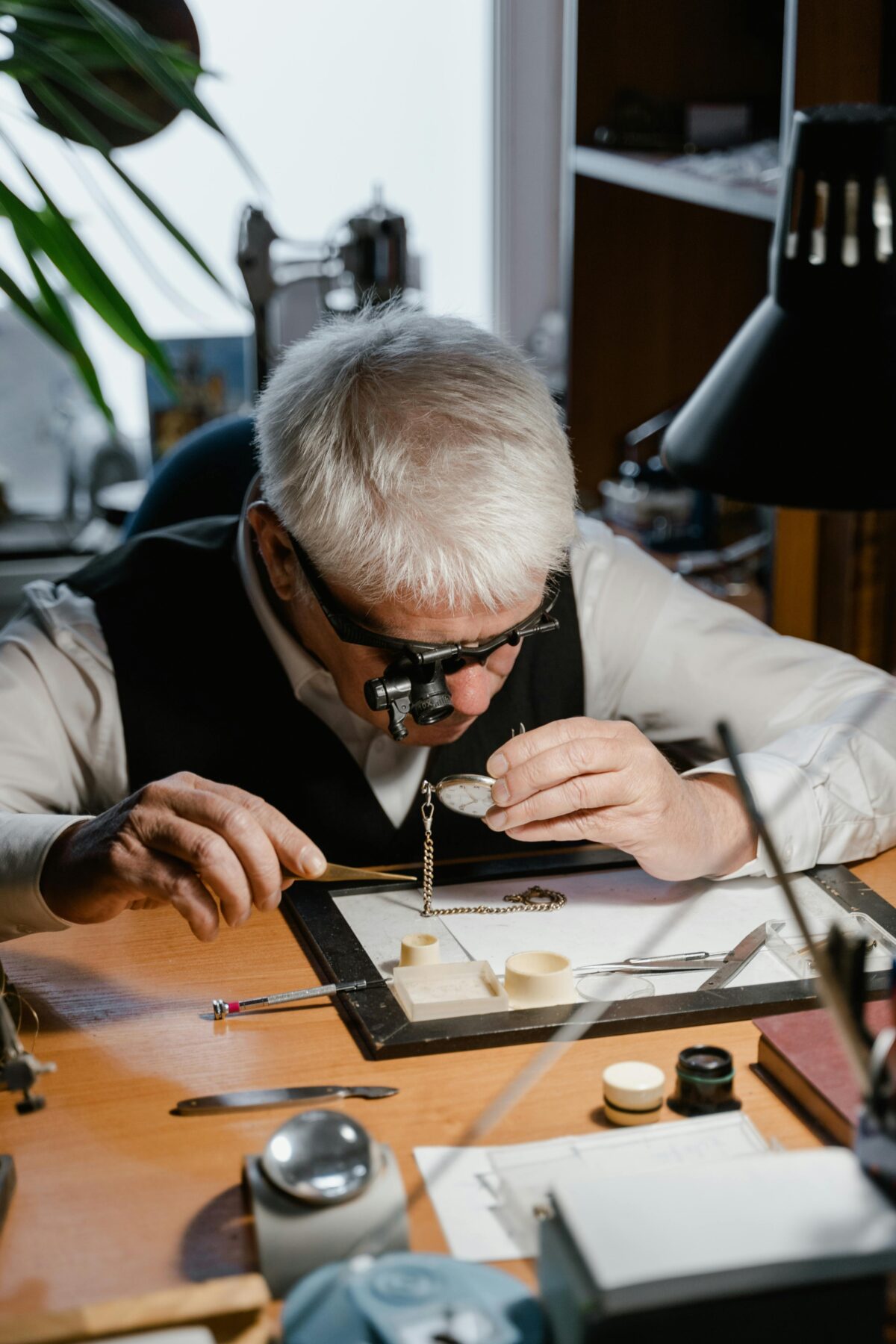This article is about what I want to see from the Legal Tech industry. My basic message is: You technology folks are bringing our profession to its knees. Now we need you to sort out the mess and chart a way out for us. The clock is ticking. Get on with it!
The article resides on Appara’s website. You can access it here:









